Introduction
Cooking a perfectly hard-boiled egg might seem like a straightforward task, but achieving that creamy yolk and firm white can be a bit of an art form. Whether you’re preparing eggs for breakfast, a salad, or a deviled egg platter, knowing precisely how long to cook a fully hard-boiled egg is crucial. In this comprehensive guide, we’ll explore the science behind boiling eggs, the various methods employed, and the optimal timing to ensure your eggs are cooked to perfection. We’ll also delve into some common pitfalls and tips to avoid overcooking or undercooking your eggs.
Understanding the Science Behind Hard-Boiling Eggs
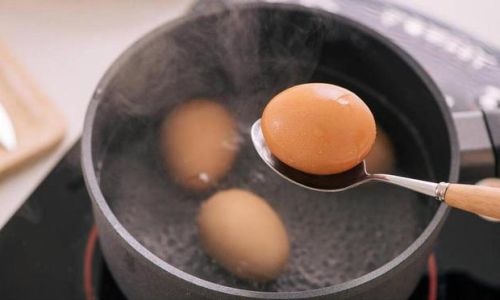
Before diving into the specifics of cooking time, it’s essential to understand what happens to an egg during the boiling process. An egg consists of several layers: the shell, the inner and outer membranes, the albumin (the white part), and the yolk. When an egg is boiled, the proteins in both the white and the yolk undergo a transformation called denaturation. This process involves the unraveling of protein chains, which causes them to lose their natural structure and firm up.
The temperature at which this denaturation occurs is critical. For a fully hard-boiled egg, you need to reach a temperature high enough to denature all the proteins in both the yolk and the white. Water boils at 100°C (212°F) at sea level, and it’s this temperature that we aim to maintain throughout the cooking process. However, simply immersing an egg in boiling water isn’t enough; the duration of exposure to this temperature is equally important.
Factors Affecting Cooking Time
Several variables can influence how long it takes to cook a fully hard-boiled egg:
-
Starting Temperature of the Egg: Room temperature eggs cook more evenly than cold ones. If you’re using eggs straight from the fridge, allowing them to sit at room temperature for about 30 minutes before boiling can improve the cooking process.
-
Egg Size: Larger eggs require more time to cook through compared to smaller ones. Standard large eggs are typically used as a benchmark, but if you’re working with medium, jumbo, or extra-large eggs, adjust the cooking time accordingly.
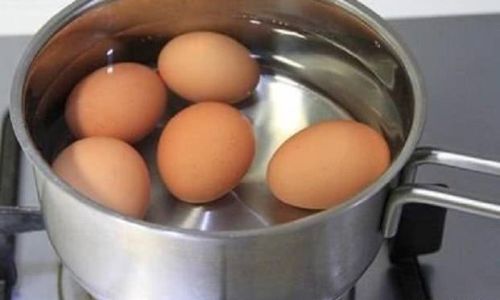
-
Altitude: Boiling point decreases with altitude. If you live in a high-altitude area, your water will boil at a lower temperature, potentially affecting cooking time.
-
Boiling Method: Whether you start with cold water or boiling water can also impact the final result. Each method has its pros and cons, and we’ll explore them in detail below.
Boiling Methods: Cold Water vs. Boiling Water
Cold Water Method:
- Preparation: Place your eggs in a pot and cover them with cold water by about an inch.
- Bring to a Boil: Turn the heat to high and bring the water to a rolling boil.
- Cooking Time: Once the water is boiling, start timing. For large eggs, cook them for about 9-12 minutes. If you prefer a slightly creamier yolk, aim for the lower end of this range; for a fully set yolk, go for the higher end.
- Cooling: Remove the eggs from the boiling water and immediately place them in an ice water bath to stop the cooking process. This step is crucial as eggs continue to cook from residual heat even after being removed from the pot.
Pros:
- More gentle cooking process, reducing the risk of cracking.
- Easier to control cooking time since you start timing from the moment the water boils.
Cons:
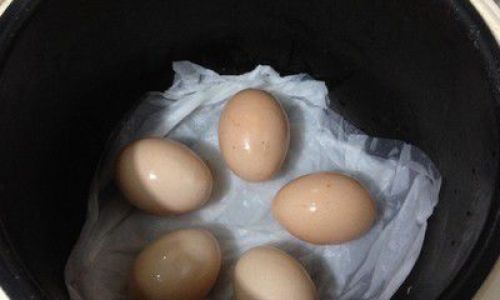
- Takes longer overall due to the time needed to bring the water to a boil.
Boiling Water Method:
- Preparation: Bring a pot of water to a rolling boil.
- Adding Eggs: Carefully lower the eggs into the boiling water using a spoon or ladle to prevent them from cracking against the side of the pot.
- Cooking Time: For large eggs, cook them for about 7-9 minutes. As with the cold water method, adjust based on your preference for yolk consistency.
- Cooling: Immediately transfer the eggs to an ice water bath to halt the cooking.
Pros:
- Faster overall process since the water is already boiling.
- Can be useful if you’re in a rush.
Cons:
- Higher risk of cracking due to the sudden temperature change.
- Slightly harder to control the exact cooking time since you need to act quickly once the water starts boiling.
Common Pitfalls and Tips for Perfect Hard-Boiled Eggs
-
Overcooking: Overcooked eggs can have a grayish-green ring around the yolk and a rubbery texture. To avoid this, use an ice water bath and be precise with your timing.
-
Undercooking: Undercooked eggs may have a runny yolk, which isn’t always desirable for hard-boiled eggs. If you’re unsure, err on the side of slightly longer cooking times and test an egg by slicing it open before cooling the rest.
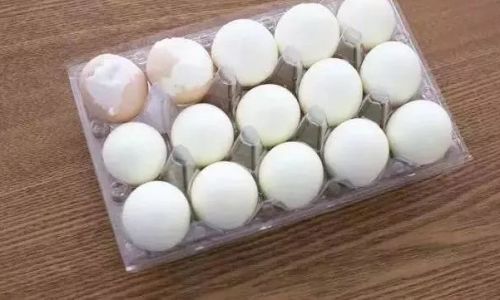
-
Cracking: Cracks can occur due to rapid temperature changes or rough handling. Use gentle movements when placing eggs in and removing them from water, and consider starting with room temperature eggs.
-
Peeling: Fresh eggs can be more difficult to peel due to their tight membrane. Older eggs (up to a week old) are often easier to peel because the membrane separates more easily from the shell.
Conclusion
Achieving the perfect hard-boiled egg is a blend of science and art. By understanding the factors that affect cooking time and choosing the right method for your needs, you can ensure that your eggs are cooked to perfection. Whether you prefer a slightly creamy yolk or a fully set one, with the right techniques and timing, you’ll be able to enjoy delicious, hard-boiled eggs every time. Remember, the key to success lies in precision, patience, and a well-prepared ice water bath. Happy boiling!
This guide covers the essentials of cooking a fully hard-boiled egg, from the science behind the process to practical tips for achieving the perfect result. By following these guidelines, you’ll be able to master the art of hard-boiling eggs and enjoy them in various dishes with confidence.
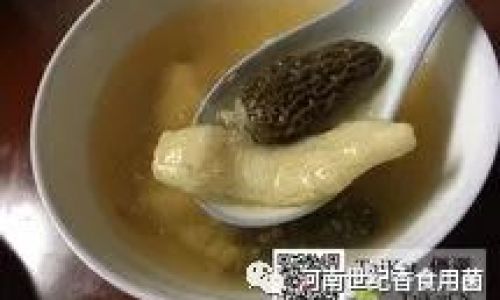
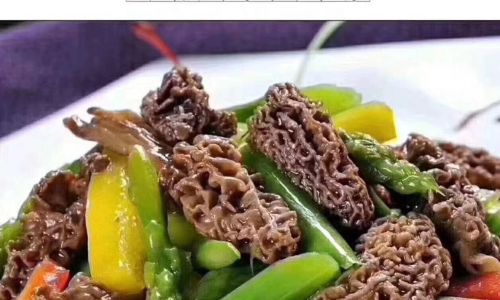
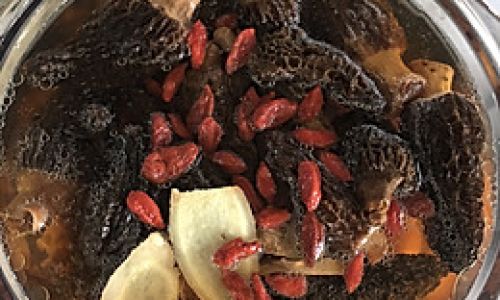

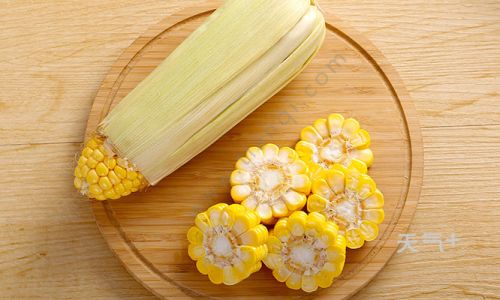

0 comments